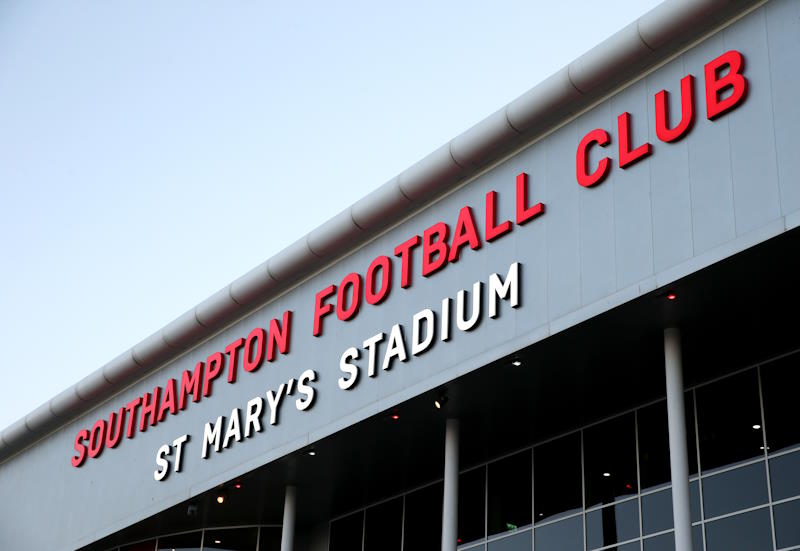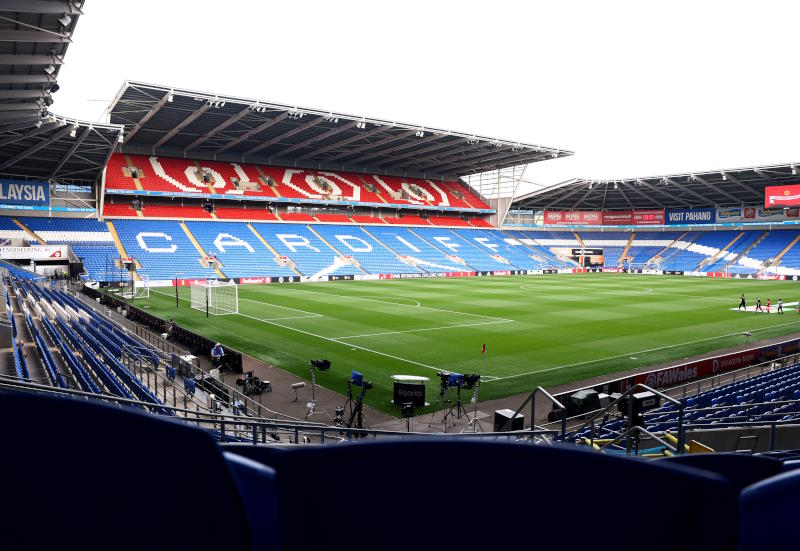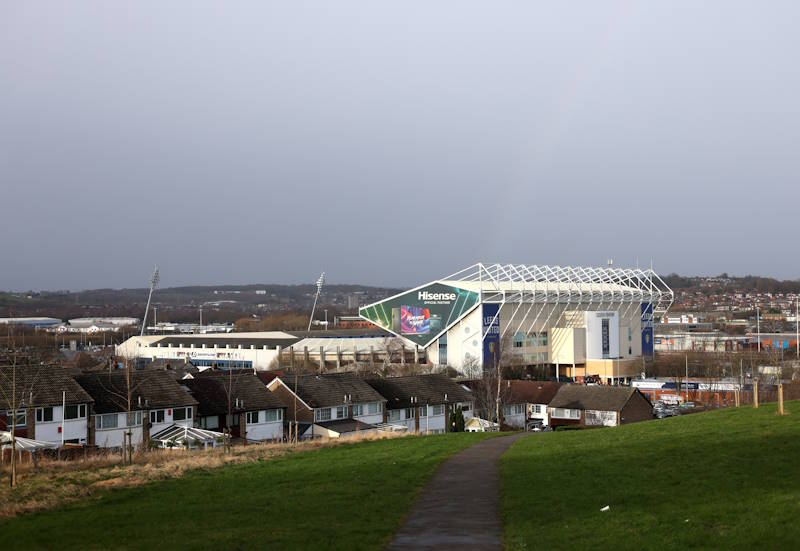
In March 1888, William McGregor, a Birmingham-based draper and administrator of Aston Villa Football Club, grew tired of seeing matches being cancelled and decided to take action, writing a letter to a number of leading football clubs to organise a meeting that would see football go from being an amateur pastime to a professional business.
The world’s original league football competition, The Football League, was established on 17th April 1888, in Manchester, after an initial meeting on 22nd March discussed the idea of a regular fixture list of home and away matches, with the first season kicking off on 8th September 1888.
Preston North End were crowned champions after going the whole campaign (22 matches) undefeated in an inaugural league made up of 12 members, which also included Accrington, Aston Villa, Blackburn Rovers, Bolton Wanderers, Burnley, Derby County, Everton, Notts County, Stoke, West Bromwich Albion and Wolves.
This revolutionary concept changed the sporting landscape in England forever and, 125 years after its inception, has also had a wide-reaching impact across the globe with hundreds of professional leagues being set up, providing employment for players and opening up a new form of entertainment for the masses.
Over the past century and a quarter, the Football League has faced many challenges, including two World Wars, but its biggest challenge may be yet to come as the effects of the global financial crisis of 2008 still impact on the game.
In a recent interview, Greg Clarke, chairman of the Football League, announced that the total debt of the 72 member teams totalled almost £1 billion, a worrying amount given the bleak economic climate and a cause of future concern in terms of the survival of some teams.
To ensure financial stability, the Football League introduced Financial Fair Play (FFP) rules from the start of the current season to reverse the debt and create self-sustaining and profitable football clubs.
The FFP rules differ for each of the three leagues, with spending on wages limited to a percentage of turnover for League One and Two, 65 per cent and 55 per cent respectively, and in the Championship there is a break-even formula that limits loses to £16M over five seasons. Failure to comply with the new regulations could see clubs fined or placed under a transfer embargo.
FFP is already showing positive signs in the Football League with some clubs announcing small profits and, since the start of the season, no club has gone into administration.
While these new rules have helped steady the ship, there is a further challenge facing the 72 member teams: A decline in attendances, with most clubs seeing fewer fans coming through the turnstiles.
Clubs have, in the past, been able to rely on football being the dominant sport in the country and the loyalty of their fan bases to provide a regular gate. Not anymore.
Attendances are suffering due to the ongoing uncertainty of the economic climate and this, coupled with an average ticket price increase of 12 per cent between 2011 and 2012, has seen fans become more selective about parting with their hard-earned and limited disposable income.
Football is up against dozens of forms of mass entertainment and clubs need to become more innovative and dynamic in order to get fans back in the stands, with some teams experimenting with ticket offers and match themes to attract supporters.
In spite of all these challenges, the Football League is still one of the most watched sporting competitions in the world and has taken the necessary action to get its house in order for the long term future of its members and the benefit of their supporters.
Rightly or wrongly, money has impacted on football as a sporting spectacle and has resulted in some aspects of the game becoming out of touch with fans. FFP and a concerted effort by clubs to reconnect with their supporters are positive steps forward and will ensure long-term prosperity for the game in the country.
Betting on football? Check out Inside Bet before you bet!












